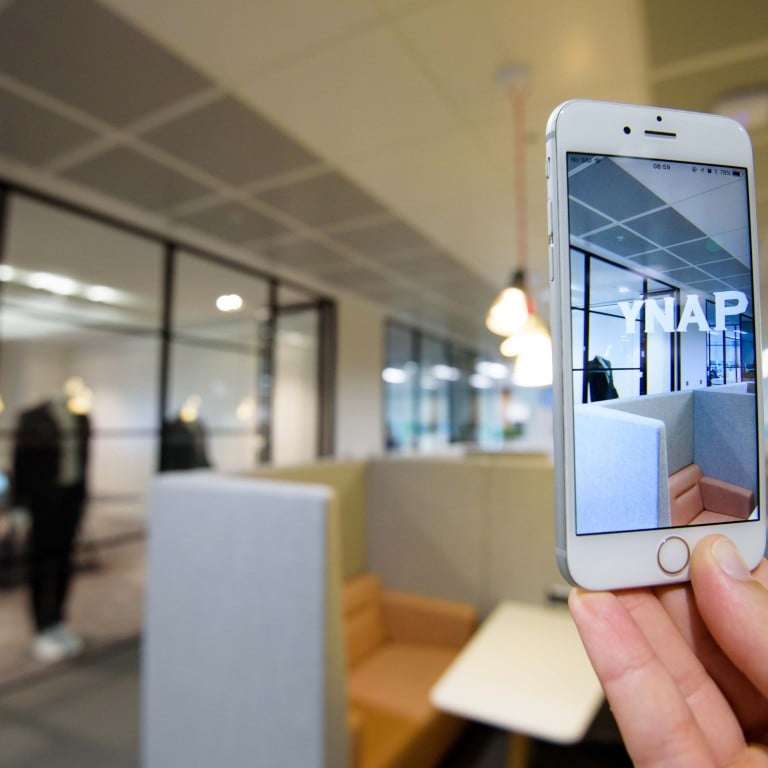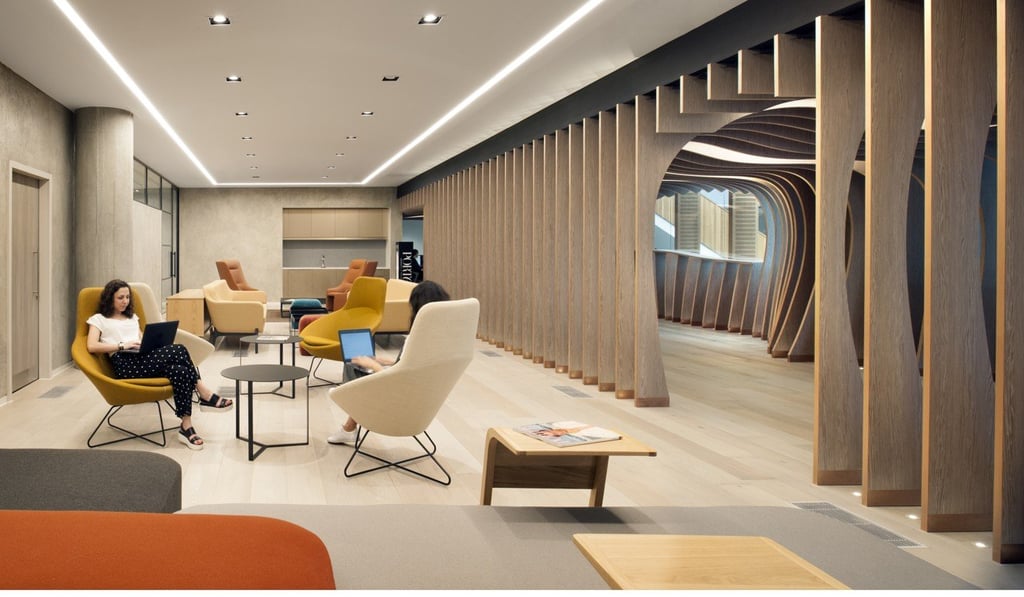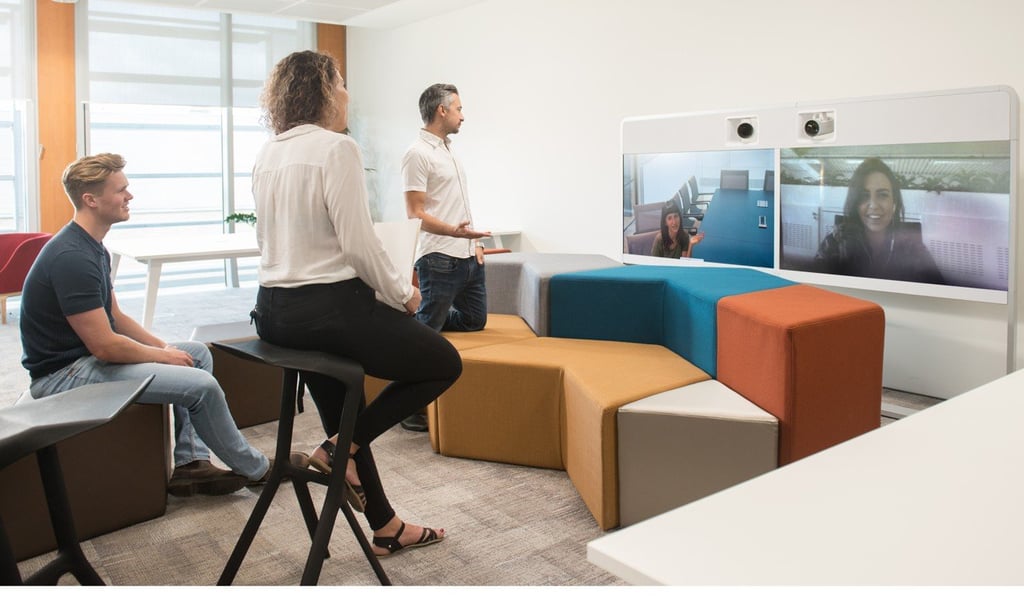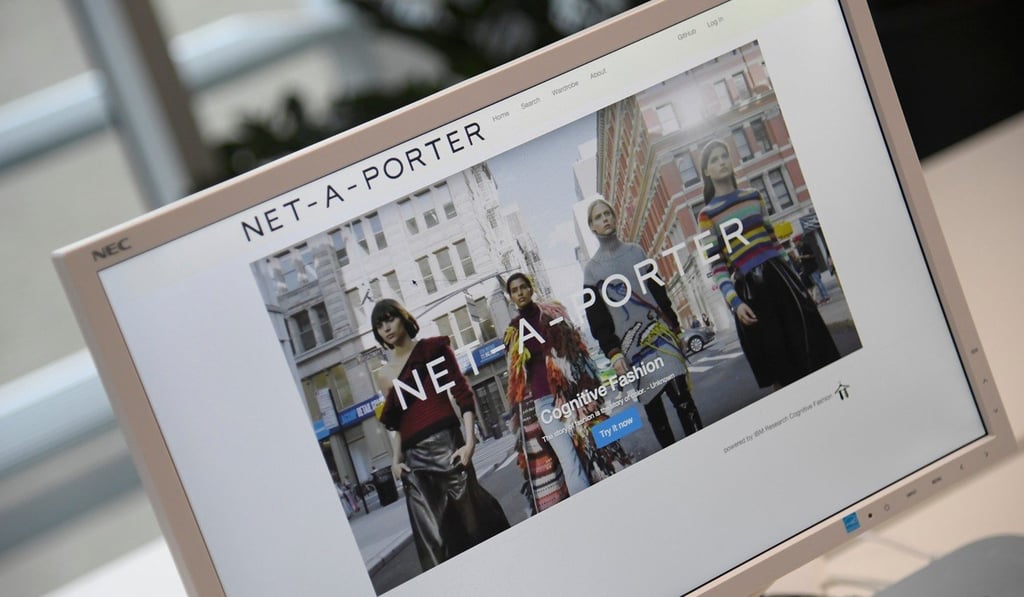How Net-a-Porter invests in tech to future-proof luxury retail

Luxury fashion portal Net-a-Porter is opening a tech-focused office designed by Cornwall’s Eden Project architect
The owner of the Net-a-Porter luxury fashion website is to hire at least 100 more IT experts over the next two years as it shrugs off the impact of the Brexit vote to open a tech hub in the UK.
Designed by Nicholas Grimshaw, the architect behind the Eden Project domes in Cornwall, the hub, in west London’s White City, can house up to 650 IT experts. That is an increase from the 500 employed in the UK at present.
The new building brings together the British teams from Yoox, the Italian luxury sales site, and Net-a-Porter, the group founded by Natalie Massenet with which it merged in 2015 .

Yoox Net-a-Porter, the Milan-listed parent group, plans to invest more than €500m in technology, warehouses and delivery systems in London and elsewhere to double the size of the business by 2020.
With a turnover of nearly €2 billion, about half from orders made via mobile phones, YNAP is the world’s biggest online luxury fashion retailer. Shares in the group jumped more than 8 per cent on Monday amid rumours that Alibaba, the giant Chinese internet marketplace, was considering buying a stake.

YNAP faces competition from Farfetch, Germany’s Mytheresa and luxury brands wanting to sell directly, but it is also riding on a wave of changing shopping habits. Online luxury sales are expected to double as a proportion of the market to 14 per cent within five years.
